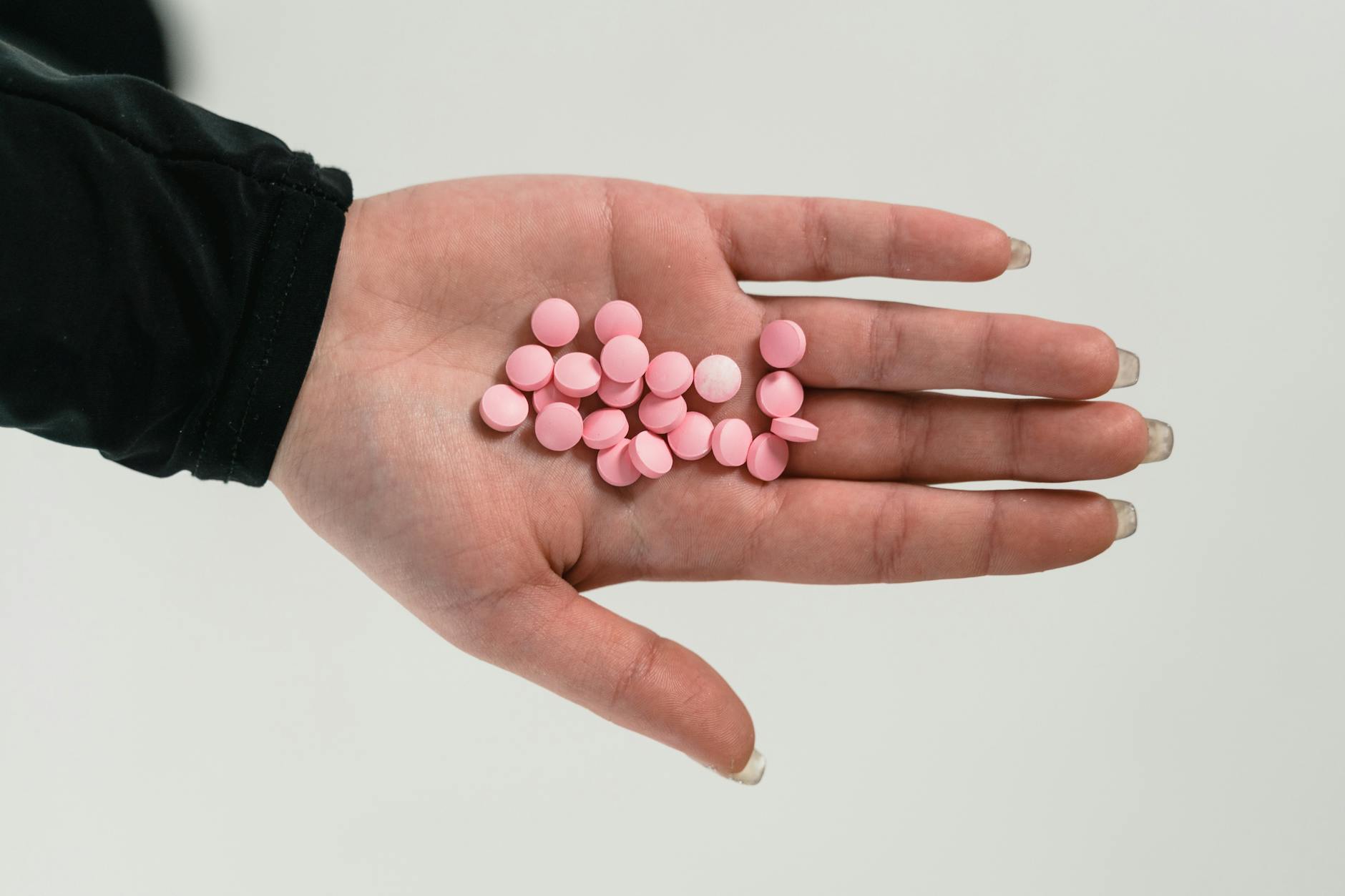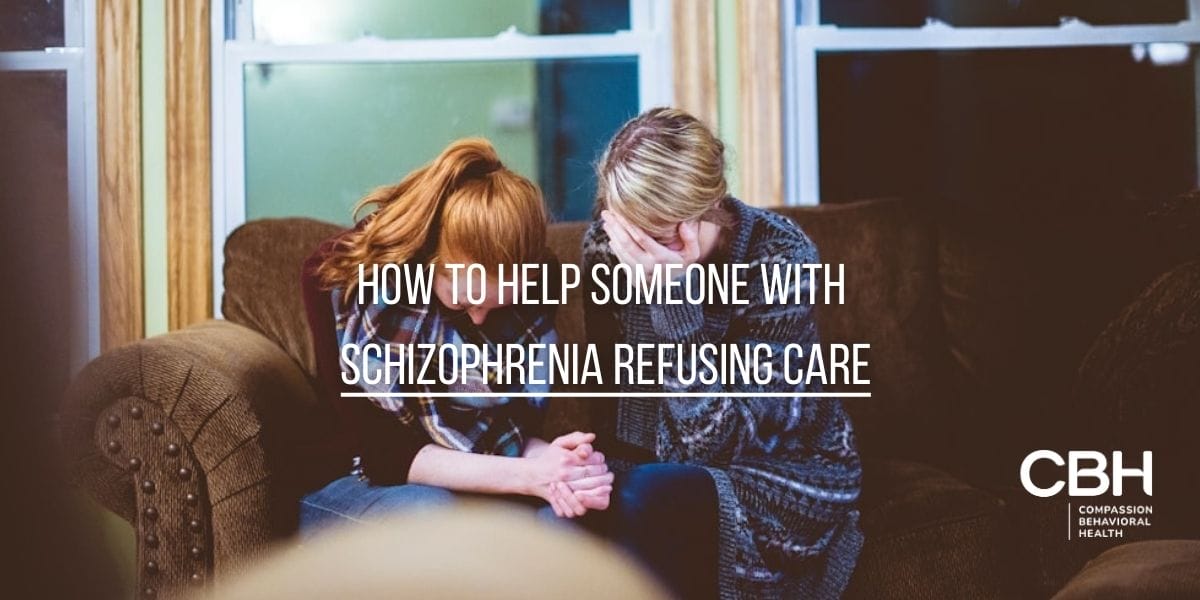Opioid detoxification is a medical process that aims to remove opioids from an individual’s body in a safe and effective manner. Opioid addiction is a serious public health issue, with many individuals struggling with dependence and addiction to prescription painkillers or illegal opioids like heroin.
In this article, we will provide basic information about the opioid detox process and answer some frequently asked questions.
What is opioid detox?
Opioid detox is a medical process that involves removing opioids from an individual’s body while minimizing withdrawal symptoms. Opioids can cause physical dependence, and when an individual stops taking opioids, they may experience a range of withdrawal symptoms, including nausea, vomiting, diarrhea, muscle aches, anxiety, and insomnia. Opioid detox helps individuals manage these symptoms and safely navigate the withdrawal process.
How does opioid detox work?
Detoxification can be accomplished in several ways, depending on the individual’s specific needs and circumstances. The most common method is to gradually reduce the dosage of opioids over a period of days or weeks, allowing the body to adjust to lower levels of opioids gradually. Another approach is to use medication-assisted treatment (MAT), which involves using medications like methadone or buprenorphine to manage withdrawal symptoms and reduce cravings.
The team at Compassion Behavioral Health will work with each individual to create a personalized detox plan based on their specific needs and goals. The goal of opioid detox is to help individuals safely and comfortably manage withdrawal symptoms while minimizing the risk of relapse.
What are the benefits of opioid detox?
Choosing to detox with professionals has several benefits, including:
- Safe and comfortable withdrawal: Withdrawal can be an uncomfortable and even dangerous process. A structured detox process ensures that individuals can safely and comfortably manage their symptoms.
- Reduced risk of relapse: Opioid detox can help reduce the risk of relapse by minimizing withdrawal symptoms and addressing the underlying issues that contribute to addiction.
- Improved physical health: Opioid addiction can take a toll on an individual’s physical health. Opioid detox helps individuals regain their health and vitality, allowing them to focus on their recovery.
- Access to additional treatment options: Once an individual completes opioid detox, they can access additional treatment options like counseling, therapy, and support groups, which can help them build a strong foundation for their recovery.
What should I expect during opioid detox?
The specific experience of opioid detox will vary depending on the individual, their level of opioid dependence, and the detox method used. Generally, individuals can expect to experience some level of discomfort as their body adjusts to lower levels of opioids. However, the medical team at Compassion Behavioral Health will work to manage symptoms and ensure that individuals are as comfortable as possible during the detox process.
Individuals may experience a range of physical and emotional symptoms during opioid detox, including:
- Nausea and vomiting
- Diarrhea
- Muscle aches
- Anxiety and depression
- Insomnia
- Cravings for opioids
The medical team at Compassion Behavioral Health will monitor individuals closely and provide medications and other therapies as needed to manage symptoms and keep individuals safe and comfortable.
How long does opioid detox take?
The duration of opioid detox can vary depending on several factors, including the individual’s level of opioid dependence, the detox method used, and the presence of any underlying medical or mental health conditions. Generally, opioid detox can take anywhere from a few days to several weeks.
What happens after opioid detox?
Once an individual completes their opioid detox, they can begin the next phase of their recovery journey. This may include entering a residential or outpatient treatment program, attending counseling or therapy sessions, and participating in support groups. The team at Compassion Behavioral Health will work with each individual to develop a comprehensive aftercare plan that addresses their ongoing needs and supports their long-term recovery.
In conclusion, opioid detox is an essential part of the recovery process for individuals struggling with opioid addiction. The team at Compassion Behavioral Health in Florida is dedicated to providing compassionate and comprehensive care to help individuals safely and effectively manage withdrawal symptoms and begin their journey to recovery.



